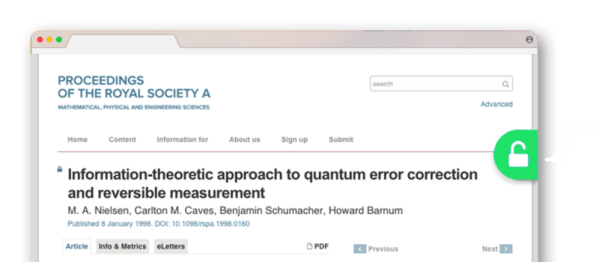There is probably very little among the topics covered here at Hackaday that doesn’t have its roots somewhere in scientific research. Semiconductor devices for example didn’t simply pop into being in Bell Labs or Texas Instruments, the scientists and engineers who created them did so standing on the shoulders of legions of earlier researchers who discovered the precursor steps that made them possible. As many readers will know, scientific research for its own sake is expensive, so much so that much of it is funded by governments, from your taxes. The research papers with the findings are then hidden from public view behind paywalls by the publishers who distribute them, an injustice which should soon be over for Americans, thanks to a White House memorandum paving the way for federally funded research to be freely available to the public at no cost by no later than 2025.
The academic publishing business originates in the days when paper was king, and it has several tiers. Officially an academic journal is usually the product of a professional body in its field, but it is normal for the publishing itself to be contracted out to a specialist academic publishing company. They accept submissions of papers, edit them, and arrange peer reviewers, before publishing the journals. Originally this was a paper process, but while journals are still printed it’s the Internet through which they are now read. The publishers pay nothing to the researcher for their paper and often only a nominal sum to the reviewers for their input, but charge a hefty subscription for access to the content. As you might imagine it’s an extremely lucrative business, so as this Hackaday scribe saw when she worked in that industry, the publishers and the learned bodies are in no hurry to kill their golden goose.
This move to open access may make few immediate waves outside the world of scientific publishing, but it affirms the principle that taxpayers should be able to see the fruits of their spending. As such it will be of benefit to less-well-off researchers and institutions worldwide. Rest in peace Aaron Swartz, if only you could have seen this day!
White House pic: Matt H. Wade, CC BY-SA 3.0.













